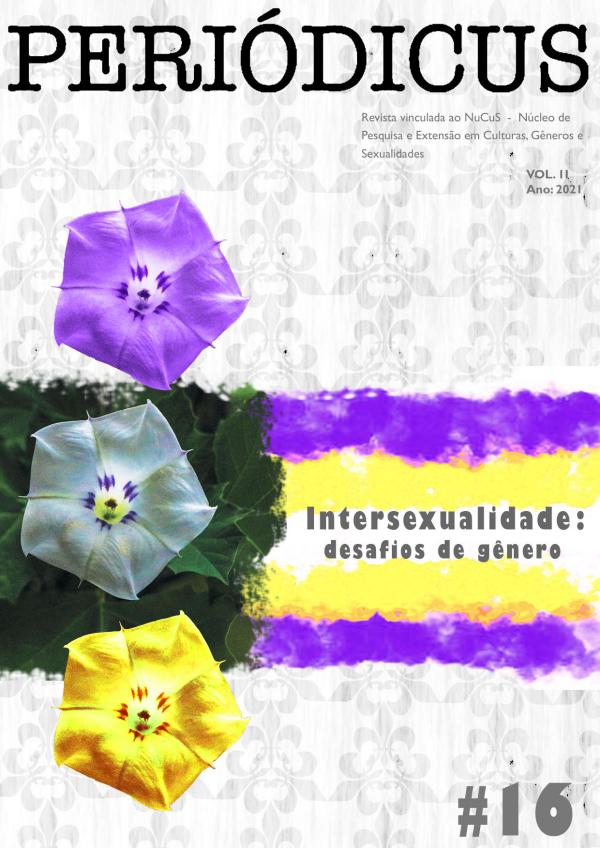Heteronormativity and dominant ideology: the refusal of the song “Parabéns” by singer Pablo Vittar
DOI:
https://doi.org/10.9771/peri.v2i16.37082Abstract
Based on the French Discourse Analysis proposed by Michel Pêcheux, this article reflects on the ideological
determination that influences the social imaginary about gender identity from a conversation between a radio host and the
listeners. The corpus consists of two screenshots of WhatsApp messages taken from Twitter. In the conversations, Rádio
Super FM 89.1 refuses to play the song “Parabéns” by singer Pabllo Vittar, on the grounds that he does not know drag
queen’s gender identity. We know that ideology materializes itself in language; therefore, the meanings assigned are not
characteristic of language, but of how subjects relate to ideology, that is, the process of meaning production varies
according to the subject’s identification with a particular discursive formation. We understand that, with the analysis, there
is resistance to the knowledge that causes oppression and reproduces different types of violence in our social formation.
Downloads
Downloads
Published
How to Cite
Issue
Section
License
Copyright (c) 2021 Camila Franz Marquez, Luciana Iost Vinhas

This work is licensed under a Creative Commons Attribution-NonCommercial 4.0 International License.
Autores que publicam nesta revista concordam com os seguintes termos:
Autores mantêm os direitos autorais e concedem à revista o direito de primeira publicação, com o trabalho simultaneamente licenciado sob Licença Creative Commons Attribution Noncommercial que permite o compartilhamento do trabalho com reconhecimento da autoria e publicação inicial nesta revista, sendo vedado o uso com fins comerciais.
Autores têm autorização para assumir contratos adicionais separadamente, para distribuição não-exclusiva da versão do trabalho publicada nesta revista (ex.: publicar em repositório institucional ou como capítulo de livro), com reconhecimento de autoria e publicação inicial nesta revista.
Autores têm permissão e são estimulados a publicar e distribuir seu trabalho online (ex.: em repositórios institucionais ou na sua página pessoal) a qualquer ponto antes ou durante o processo editorial, já que isso pode gerar alterações produtivas, bem como aumentar o impacto e a citação do trabalho publicado (Veja O Efeito do Acesso Livre).







